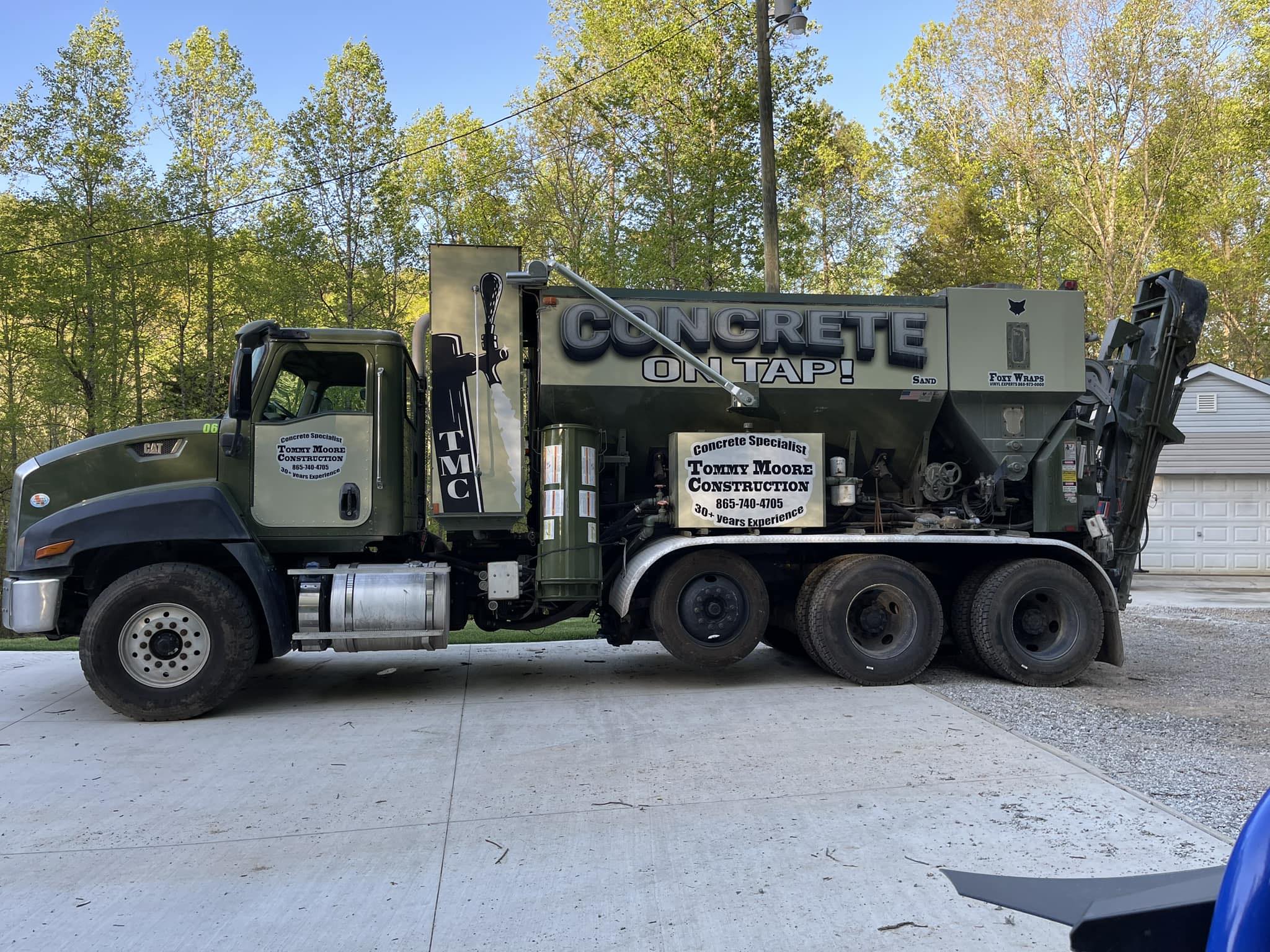
The Environmental Benefits of Using Concrete in Construction Oct 27, 2025
One of the most significant environmental benefits of using concrete is its longevity. Concrete structures are built to last, often outliving those made from other materials. This durability means less frequent need for replacements and repairs, ultimately reducing the consumption of resources and energy over time. By choosing concrete, projects can achieve longer life cycles with minimized environmental impacts, aligning with sustainable building practices.
Moreover, concrete plays a pivotal role in energy efficiency. Concrete's thermal mass effectively insulates buildings, helping maintain consistent indoor temperatures. This reduces the need for excessive heating and cooling, leading to lower energy consumption and, consequently, decreased greenhouse gas emissions. As global warming continues to pose a serious challenge, energy-efficient buildings are becoming increasingly vital, and concrete makes an excellent choice for those looking to minimize their carbon footprint.
Perhaps less known is concrete's ability to reduce urban heat island effects. Urban areas often experience higher temperatures than their rural counterparts due to concentrated human activity and infrastructure. Concrete, with its low reflectivity and high heat absorption capacity, contributes to cooling these urban microclimates. By using concrete in urban settings, reductions in ambient temperatures can be achieved, thereby improving overall urban air quality and lowering the prevalence of heat-related health issues.
In terms of resource efficiency, the production of concrete requires abundant raw materials like limestone, clay, and sand, which are widely available and generally extracted with minimal environmental disruption. Additionally, concrete can be made from various recycled materials, including fly ash and slag cement, which helps utilize industrial by-products that would otherwise end up in landfills. This not only conserves natural resources but also contributes to waste reduction and recycling efforts.
Furthermore, as technology advances, the ecological profile of concrete continues to improve. Innovations such as carbon capture technology are being integrated into concrete production processes, helping to trap and store carbon dioxide before it can enter the atmosphere. Such advancements are pivotal in making concrete a far more environmentally friendly material than it has been in the past, and Tommy Moore Construction is committed to embracing these cutting-edge technologies to provide our customers with sustainable construction solutions.
In conclusion, concrete is much more than a robust building material. It is a sustainable choice that offers numerous environmental benefits by enhancing energy efficiency, reducing resource consumption, and supporting waste management efforts. For those undertaking new construction or renovation projects, considering concrete from Tommy Moore Construction can help you achieve your sustainability goals. By choosing concrete, you not only ensure the durability of your structures but also contribute positively to the environment, fostering greener and more sustainable communities for the future.
/filters:no_upscale()/filters:format(webp)/media/2096757a-7c33-4094-9dff-2630e185039a.jpeg)